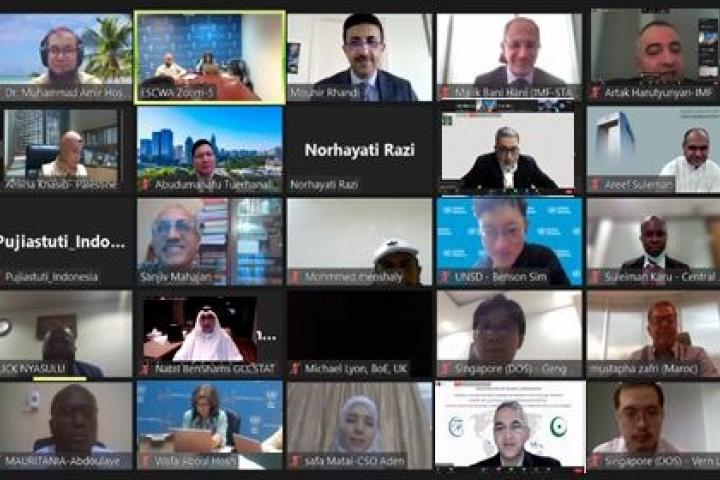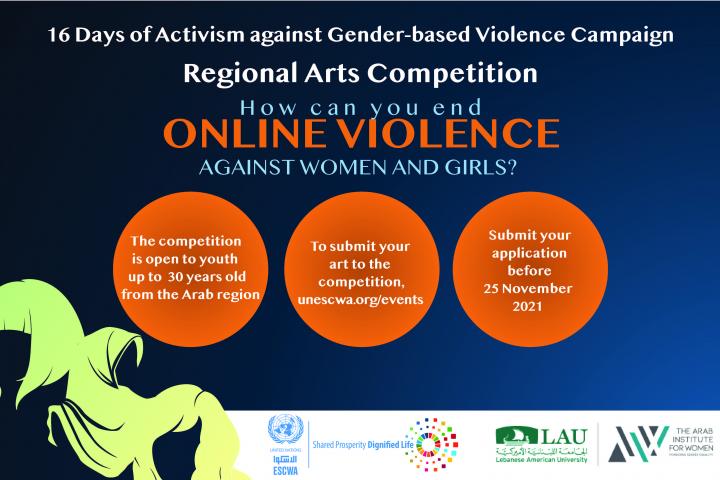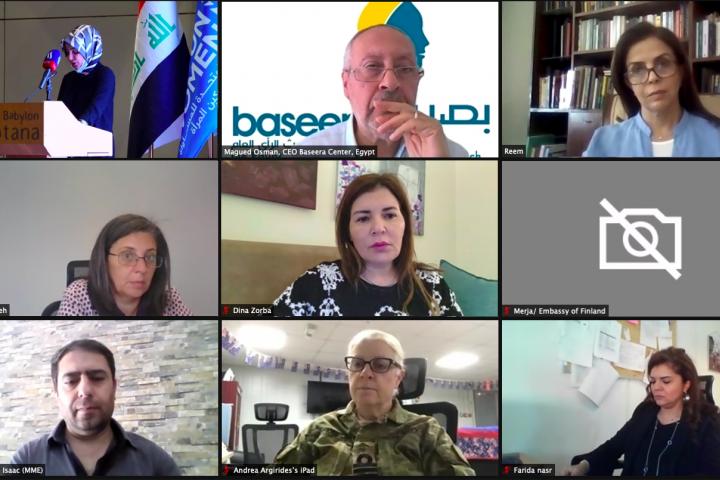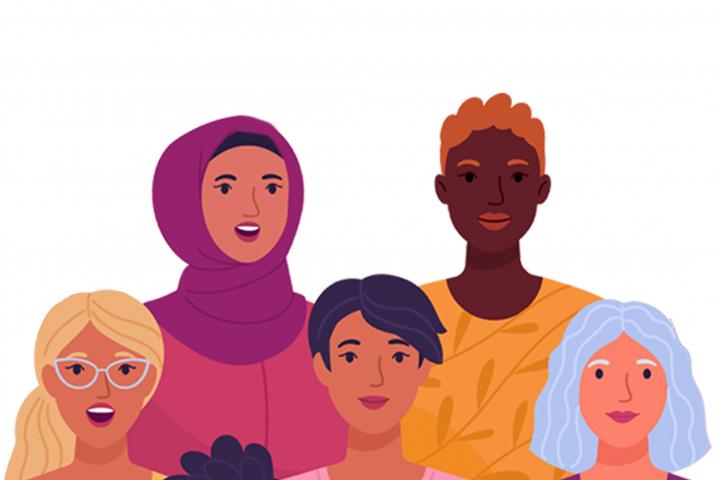Organized in partnership with the American University of Beirut (AUB), a special event at the UN House brought together representatives from civil society, government, and academia to discuss how efforts can be galvanized to achieve gender equality in the Arab region.
“Arab countries have undergone many legal reforms to protect women and families from all forms of violence and new laws have been adopted to ensure equity for women in the labour market and other walks of life,” said ESCWA Executive Secretary Mohamed Ali Alhakim, noting the importance of these steps towards establishing an advanced legislative framework to assist in cultural reform.
“Nonetheless, all those steps must be complemented by efforts in economic and social life to make women’s rights and their protection from discrimination a reality guaranteed by institutions and the collective culture of all members of society,” he stressed.
In 2018, the UN has chosen to mark the global day under the theme “Time is Now: Rural and urban activists transforming women's lives.” In collaboration with the Asfari Institute for Civil Society and Citizenship at AUB, ESCWA recently launched a campaign called “Lazem” – “We must”– which has crossed rural, urban and national boundaries by compiling powerful messages from women across the Arab region.
Their visions stressed the need to amend laws and to alter traditions that devalue women in society and deny them protection from violence and discrimination. They called for political, economic, social and intellectual empowerment in all types of specializations.
One of these women was Nadia El Cheikh, the first ever woman to be Dean of the Faculty of Arts and Sciences at AUB. She was also the first speaker at Tuesday’s event, highlighting the university’s pioneering role in promoting women’s education, emancipation, and empowerment.
She said this includes the creation of a Minor in “Women & Gender Studies” in 2016, where students can explore how different academic disciplines view the operation of gender in the labor market, social movements, the family, healthcare, political systems, and cultural productions. She also underlined how AUB’s Asfari Institute has been engaged in mapping and convening the different forms of feminism—Islamic feminism and globalized feminism.
Sharing a poetic address, Lebanese actor Bassem Moughnieh described his personal relationship with his image of “The Woman”: “I have never had resort to anyone except you. Ever since I was a young boy, I was attached to you, you were the only person who protected me, my first love, my mother, my sister and when I decided to embrace love, I chose you as my partner, my wife,” he recited.
Accompanied by the Lebanese National Orchestra, Moroccan singer Karima Skalli enchanted the audience with a musical performance inspired by the work of several Arab poets on beauty and love. Speaking in an interview after the concert, she said she was honored to perform on such a special occasion dedicated to women worldwide.
“There is no such thing as impossible,” said Ms. Skalli, describing what she sees in her own community in Morocco and her optimism that things can change. “All women have extraordinary capacities that complement each other to provide balance.”
Meanwhile, participants were invited to explore a “Women’s Market” showcasing colorful handmade artifacts, accessories, and embroideries prepared by women, many of whom are displaced due to conflict.
“Designers at ‘Sama’ get their inspiration for new designs from Syrian life and culture,” said Ola Sheikh Hassan, representing the association. “Our main goal is to empower Syrian women through the difficult circumstances in the country and help them to be independents and support their family.”
Across town on the AUB campus, a roundtable was organized to dive deeper into the issue of women’s representation and rights in the field of cinema and theatre. Moderated by journalist Gisele Khoury, six experts from the region debated the role of their industry in creating change.
Speakers included Khalil Zaarour, Lebanese movie director; Mariam Naoum, Egyptian screenwriter; Nadine Khan, Egyptian movie director; Sahar Assaf, Lebanese theater actress and director; Waha Al-Raheb, Syrian actress and filmmaker; and Zeina Daccache, Lebanese theater actress, and director.
While not all artists agreed on the extent to which cinema and theatre have a responsibility to impact change versus reflect the changes happening in society, they all agreed that more efforts are needed to create dialogue within communities that “are not yet converted” to feminist ideologies, which in 2018 is long overdue.
*****
For more information:
Nabil Abu-Dargham +961-70-99 31 44; email: dargham@un.org
Ms Rania Harb: +961-70-008879 harb1@un.org
Ms Mirna Mahfouz: +961-70-827372 mahfouz@un.org
Mr Haidar Fahs: +961-70-079021 haydar.fahs@un.org



